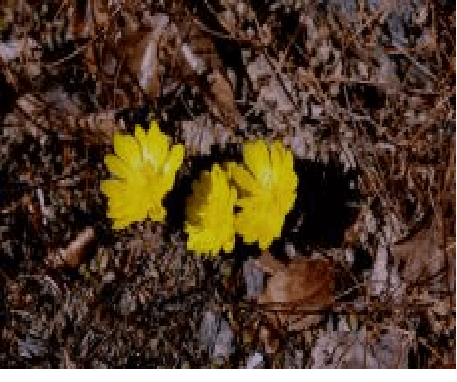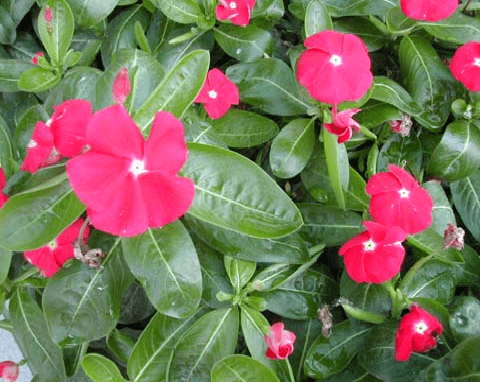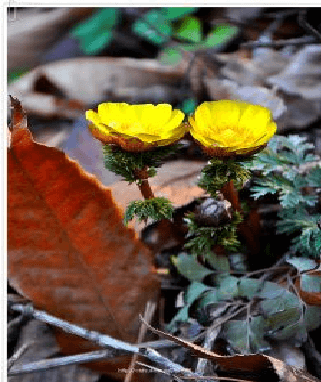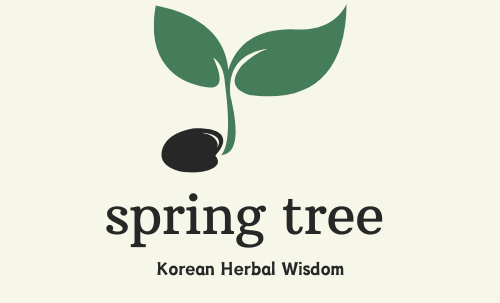
“Explore the healing power of Jangchunhwa, a traditional herb known for its ability to detoxify, reduce inflammation, and support liver health. Discover how this natural remedy can help treat fevers, skin conditions, and improve overall well-being.”
Jangchunhwa, also known by its medicinal name, is a traditional herb prized for its detoxifying effects and anti-cancer properties.
It has long been used to lower fevers, support liver health, and treat a range of issues like high blood pressure, abscesses, and burns. Recently, studies have suggested that Jangchunhwa extract may help reduce inflammation and inhibit cancer cell growth, making it even more valuable.
What Makes Jangchunhwa Special?
Jangchunhwa is a semi-shrub or perennial herb that grows up to about 60 cm tall.
It’s easily recognized by its square-shaped stem, distinct nodes, and ridged appearance. The leaves grow opposite each other and have an oval, egg-like shape with rounded tips.
The plant’s ability to flower and bear fruit year-round makes it a unique find, often spotted in sunny hillsides or fields where it thrives in the wild.
Harvesting and Medicinal Use
The entire Jangchunhwa plant is used for medicinal purposes.
The best time to harvest is from late September to early October, after which it should be dried in the sun to preserve its benefits. Choosing a day with gentle sunlight will help keep its healing properties intact.
Once dried, Jangchunhwa is frequently used in traditional herbal medicine for reducing inflammation and promoting liver health.

Health Benefits and How It Works
Jangchunhwa has a bitter taste and is known for its cooling properties.
It’s especially helpful for detoxifying the liver and supporting kidney function, as it acts on the liver and kidney meridians. Its cooling nature makes it effective for lowering fevers and eliminating toxins, which is why it’s often used to treat inflammatory conditions.
Recent research also suggests that Jangchunhwa extract could be useful in slowing cancer cell growth and reducing inflammation. However, due to its toxicity, it’s important to follow dosage recommendations carefully and consult a healthcare professional if needed.
Safe Use and Precautions
While Jangchunhwa offers several benefits, it’s a potent herb, so proper use is essential. When taken internally, always stick to the recommended dosage, and if using it topically, make sure to dilute it properly. It’s also wise to avoid using it during pregnancy or for children, unless advised by a qualified professional.

Traditional Uses and Modern Applications
Jangchunhwa has been a staple in traditional medicine for centuries, known for lowering fevers, soothing inflammation, and even preventing cancer.
Today, with scientific studies backing its potential, it’s gaining popularity as a complementary treatment in modern healthcare.
When used appropriately, Jangchunhwa’s natural healing power can be a valuable tool for maintaining and enhancing overall health.
As a herb with powerful healing properties, Jangchunhwa holds great promise for addressing a variety of health concerns. However, caution is key, and it should always be used with care and proper guidance.
